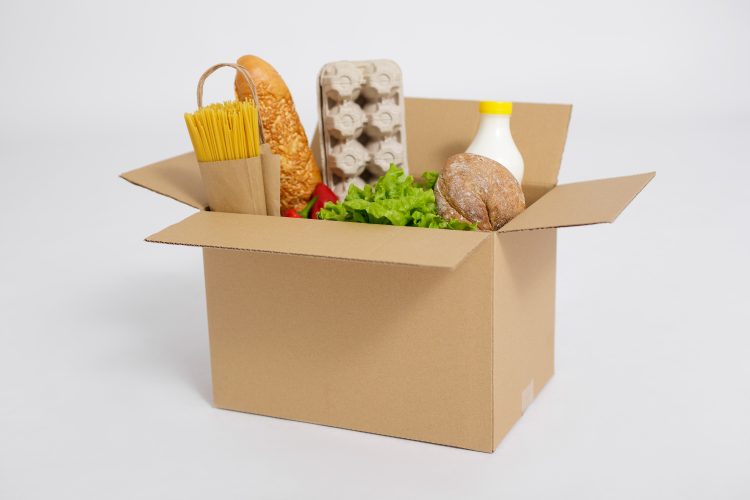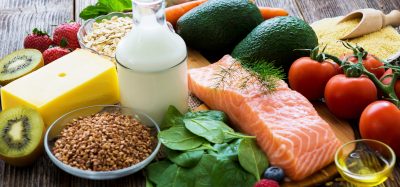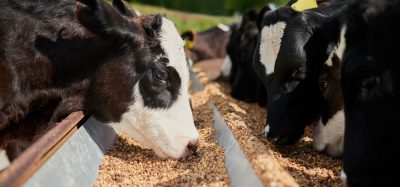Would you eat your cereal box to save the planet?
- Like
- Digg
- Del
- Tumblr
- VKontakte
- Buffer
- Love This
- Odnoklassniki
- Meneame
- Blogger
- Amazon
- Yahoo Mail
- Gmail
- AOL
- Newsvine
- HackerNews
- Evernote
- MySpace
- Mail.ru
- Viadeo
- Line
- Comments
- Yummly
- SMS
- Viber
- Telegram
- Subscribe
- Skype
- Facebook Messenger
- Kakao
- LiveJournal
- Yammer
- Edgar
- Fintel
- Mix
- Instapaper
- Copy Link
Posted: 17 February 2022 | Abi Sritharan (New Food) | No comments yet
A new study has revealed support for edible packaging across multiple global regions, including India, China and Brazil.


Brand insights agency Nepa asked more than 5,600 consumers what they wished they would find on supermarket shelves in 10 years’ time, revealing new opportunities for brands that want to be a step ahead.
It won’t come as a surprise to many that sustainability is a growing concern, and although some seem averse to giving up meat, Nepa’s study has revealed that many would be willing to eat the packaging their food comes in. Whether it’s made from rice flour, wheat or sorghum, it appears as if people are ready to eat their cereal boxes for a more sustainable future. It’s a thumbs up from all markets too, with over 70 percent of respondents in India and China, 55 percent in Brazil, and 44 percent in the UK saying yes to edible packaging.
A new study by Oregon State University also confirmed the popularity and practicalities of this innovative idea. Scientists from the university outlined how apple waste can be upcycled to create an environmentally-friendly packaging material that could serve as an alternative to plastic. Companies such as Gousto have already started using edible packaging, with the brand creating the world’s first edible stock sachets made from peas; a zero-waste alternative to the plastic sachets that carry its vegetable stock powder.
Although Nepa’s study revealed that UK consumers are unlikely to stop eating red meat, Indian- and Brazilian-based respondents stated they’re keen to see plant-based outselling meat in the future. The UK isn’t ready to fully embrace non-dairy alternatives either, with only 35 percent of survey respondents wanting to see plant-based milk outselling regular dairy products.
“It is interesting to see what people are willing to trade, or not!” said Lindsay Parry, Managing Director at Nepa UK. “The growing concern around the environment and green options are not enough for everyone to plan on drastic changes in their food consumption. However, the variance in markets is wide – although being sustainable is a must, brands can’t afford not to consider the differences in needs and wishes around the world.”
Related topics
Environment, Packaging & Labelling, Product Development, Research & development, Sustainability, Technology & Innovation, The consumer
Related organisations
Related regions
Central and South America, Central and South Asia, North America, UK & Ireland







